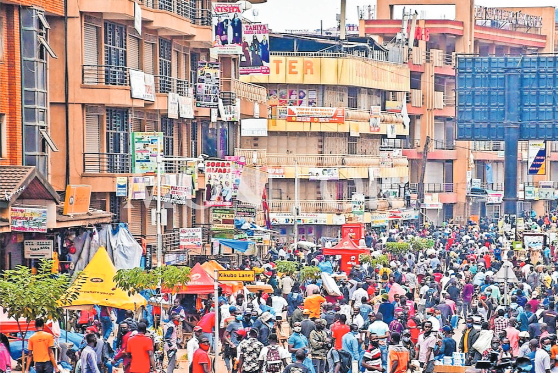Prime
Lessons from Trump’s second impeachment trial

On Saturday, February 13, the United States Senate acquitted former president Donald J. Trump after the majority vote of 57 to 43 fell short of the 67 votes needed to convict him. A conviction would have barred him from holding federal office ever again.
This historic trial was the fourth impeachment of a US president, and the second for Trump in less than two years.
The trial followed Trump’s alleged participation in the chaotic events that rocked the United States on January 6, when an armed mob of his supporters stormed the Capitol Hill in Washington DC and clashed with police just as Congress convened to validate Joe Biden’s presidential win.
During the impeachment trial that lasted only five days, both House impeachment managers and the former president’s defence lawyers presented vast amounts of evidence and information that I found relevant not only to the United States, but also to the rest of the world. Here are three key lessons I learnt from this history-making trial:
Lesson one: The growing role of social media in national elections.
In this trial, I observed that majority of the evidence adduced by both parties before the Senate was based on quotes, pictures and videos captured and extracted from social media platforms, such as Twitter and YouTube.
It’s not a secret that the former president is a big fan of social media and it was one of his key campaign weapons both in 2016 and 2020.
Trump turned social media sites into propaganda machines with what many termed as fake news, misleading posts or outright hoaxes.
In other countries, especially those that are less democratic, the influence of social media on elections appears to be even more visible.
Ordinary citizens have resorted to these platforms to express their social and political grievances, thus, sidestepping traditional media, which has been considered to be state-controlled.
Second lesson: Respect for the rule of law. The violent Capitol Hill riots of January 6 left five people dead, including a police officer, hundreds injured and millions of dollars in damage to property.
It is fascinating that by February 26 (less than two months later), of the more than 400 people arrested, more than 300 had been charged before federal courts while at least 120 others had been granted bail. It may also be useful to note that most of the arrests were made days after the riots.
The effectiveness of the US law enforcement system should offer a great lesson to other countries. By this, I am hard-pressed to recall last year’s violent protests in Uganda following the arrest of then presidential candidate Robert Kyagulanyi, where 54 people died while hundreds continue to be detained without trial.
Strength of America’s democracy: First things first. The events in question followed the loss of a presidential election by an incumbent.
In the United States, this was not new as five other presidents in the past faced a similar fate. However, if compared to the rest of world, mainly in Africa, such an occasion is rare because transfer of power is often characterised by violence and brutal military force.
The riots in the United States are a manifestation that democracy is fragile and should, therefore, not be taken for granted. There is need to insist on transparency and ethical conduct on the part of elected leaders and ordinary citizens.
Mr Mukalazi is the country director of
Every Child Ministries Uganda.
[email protected]




